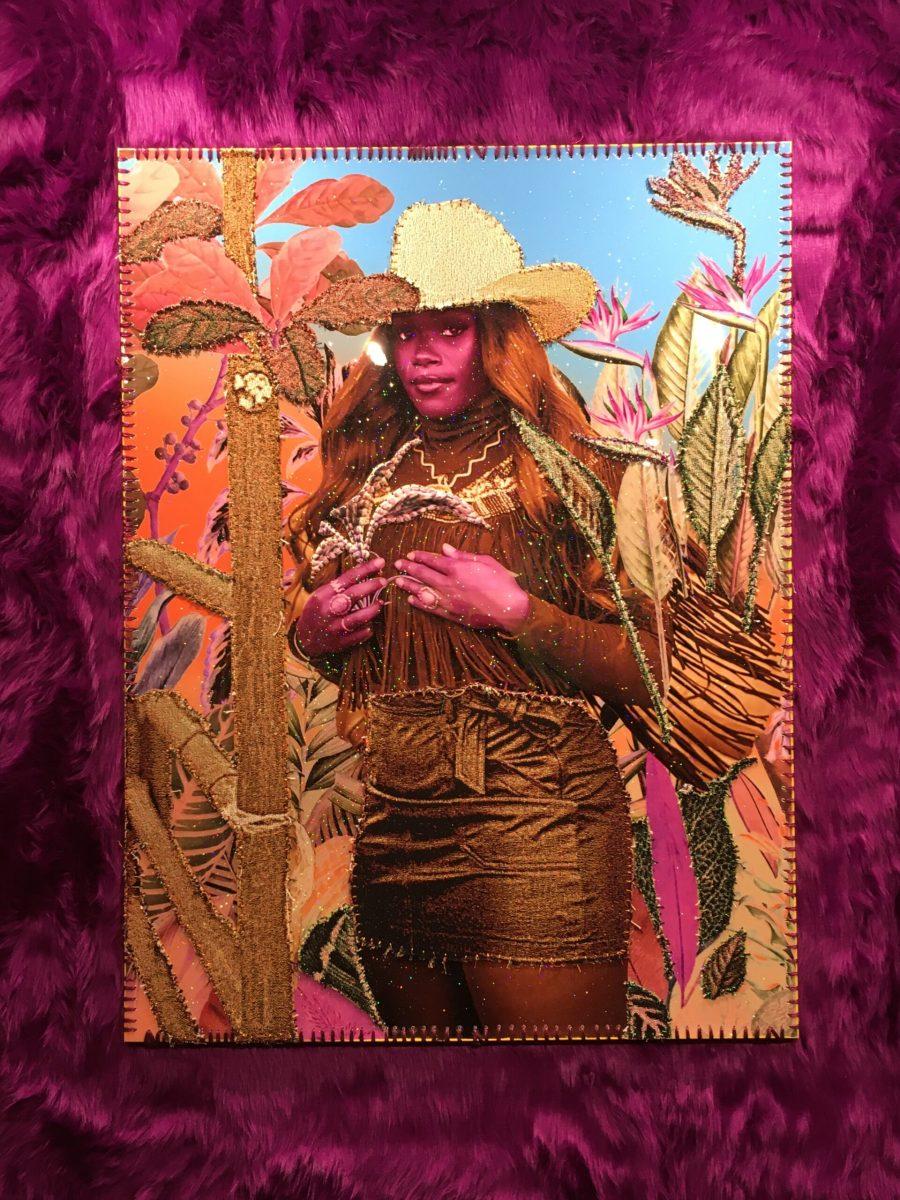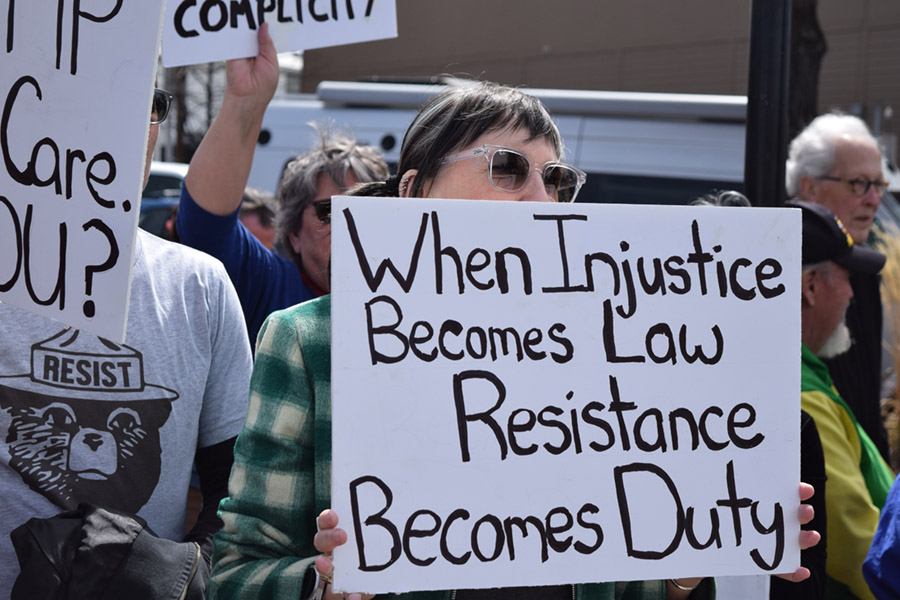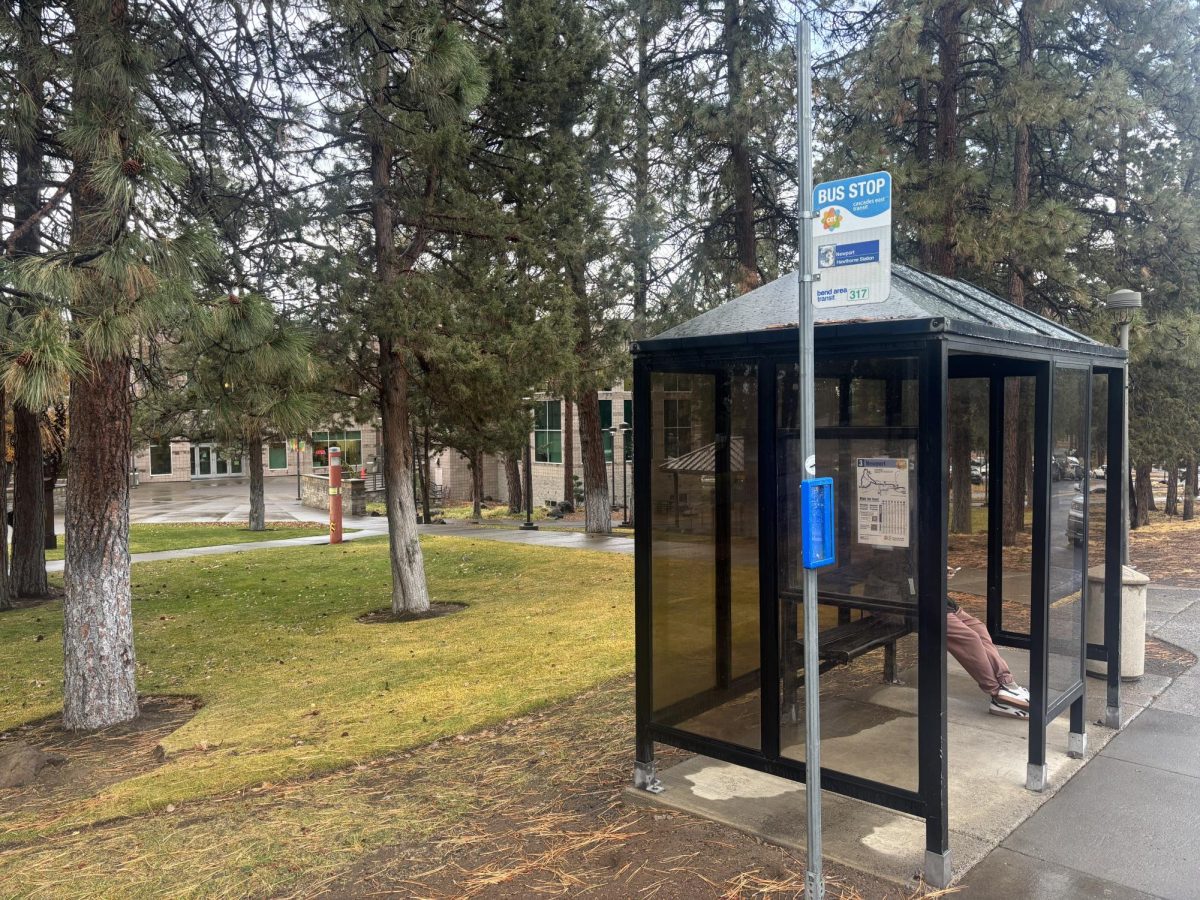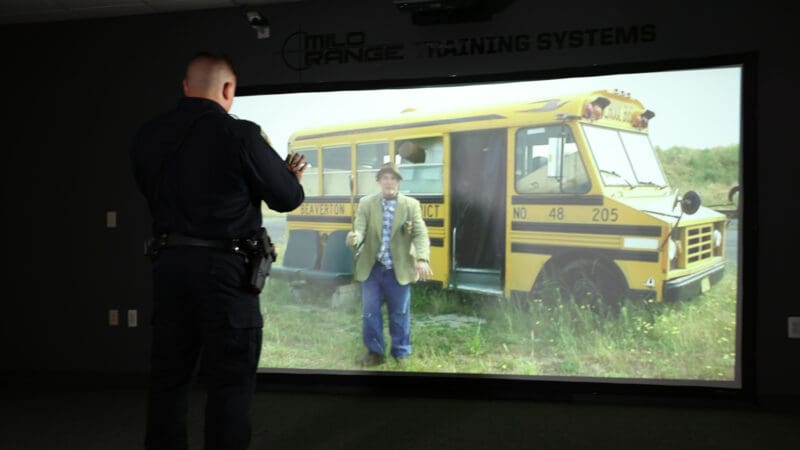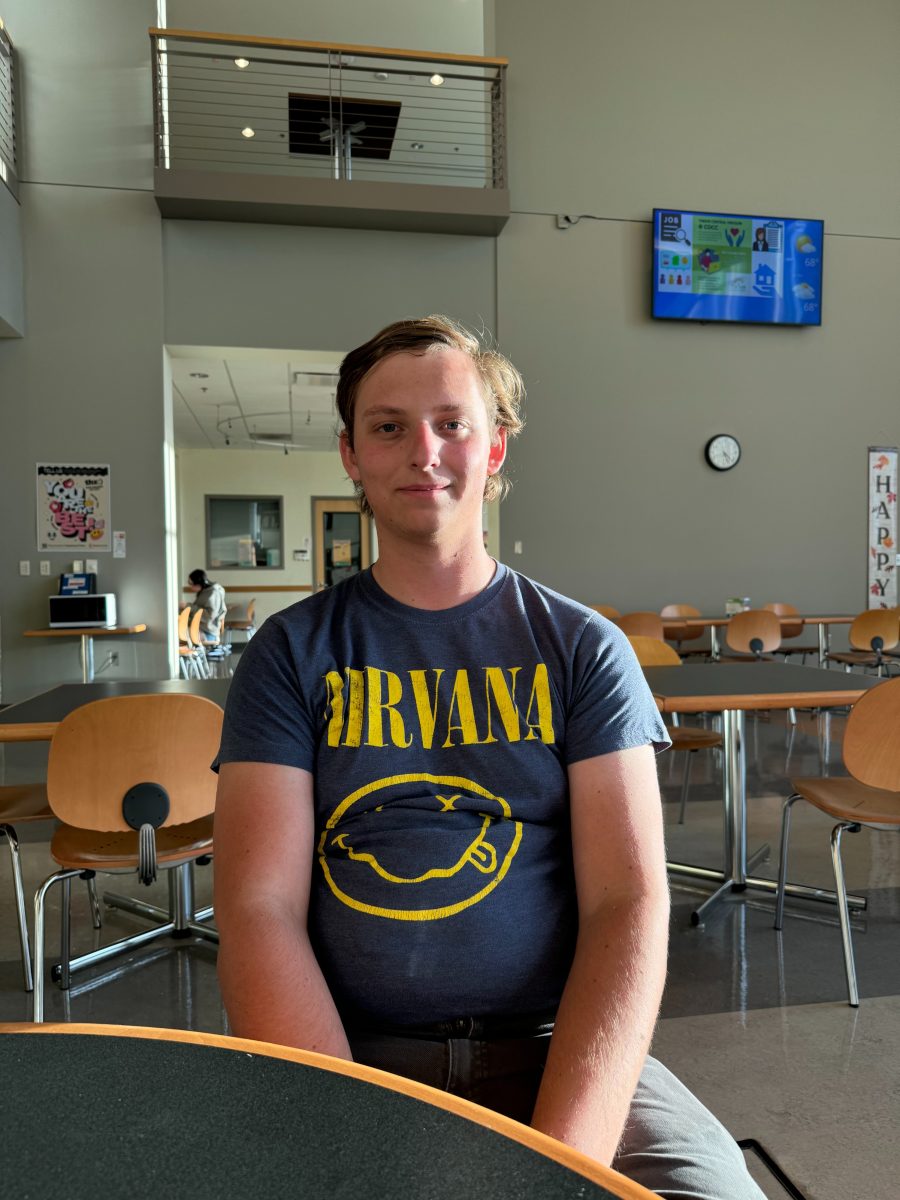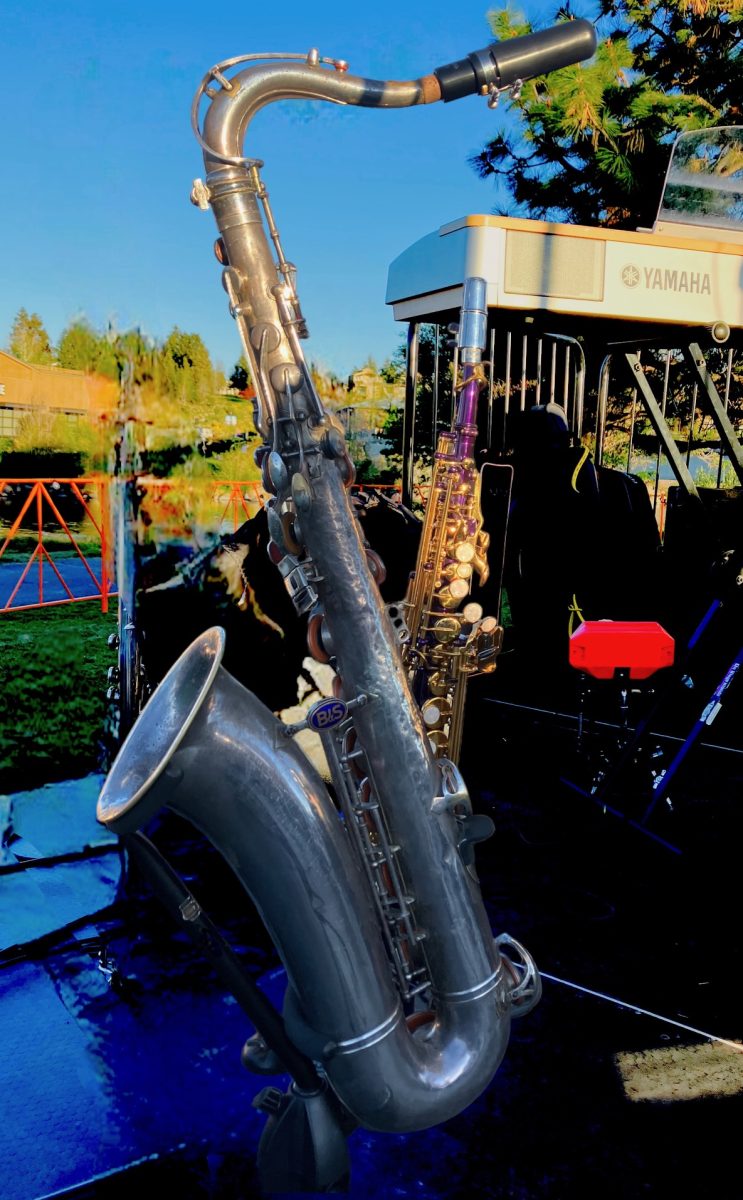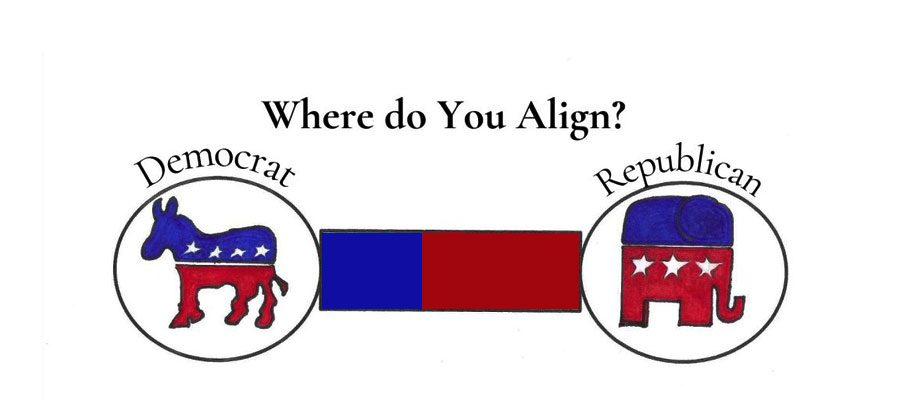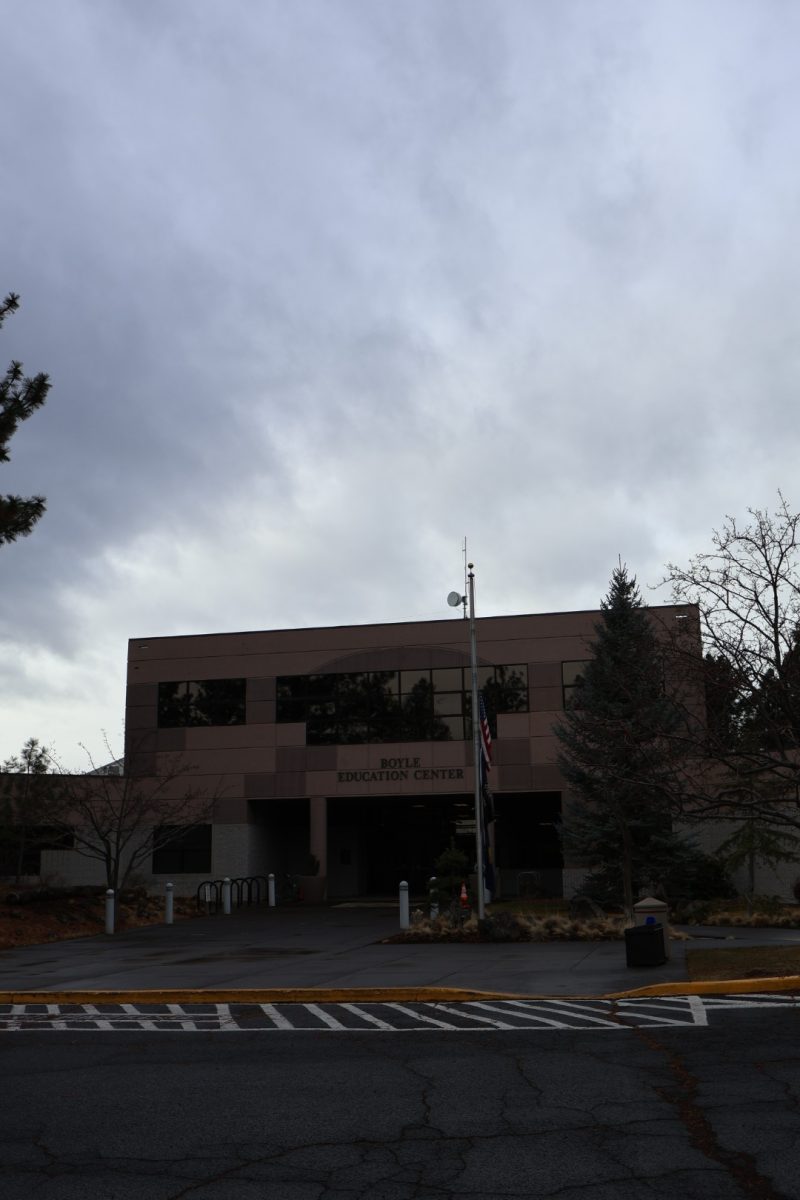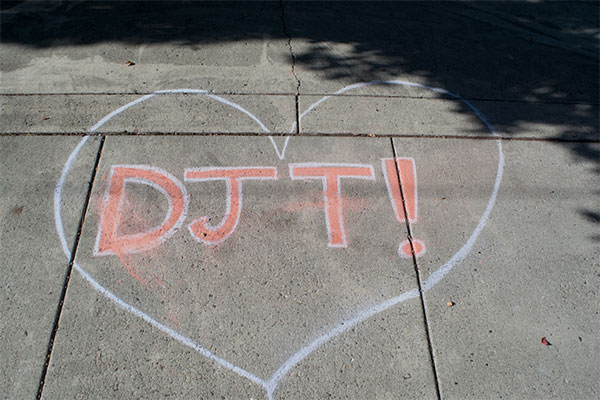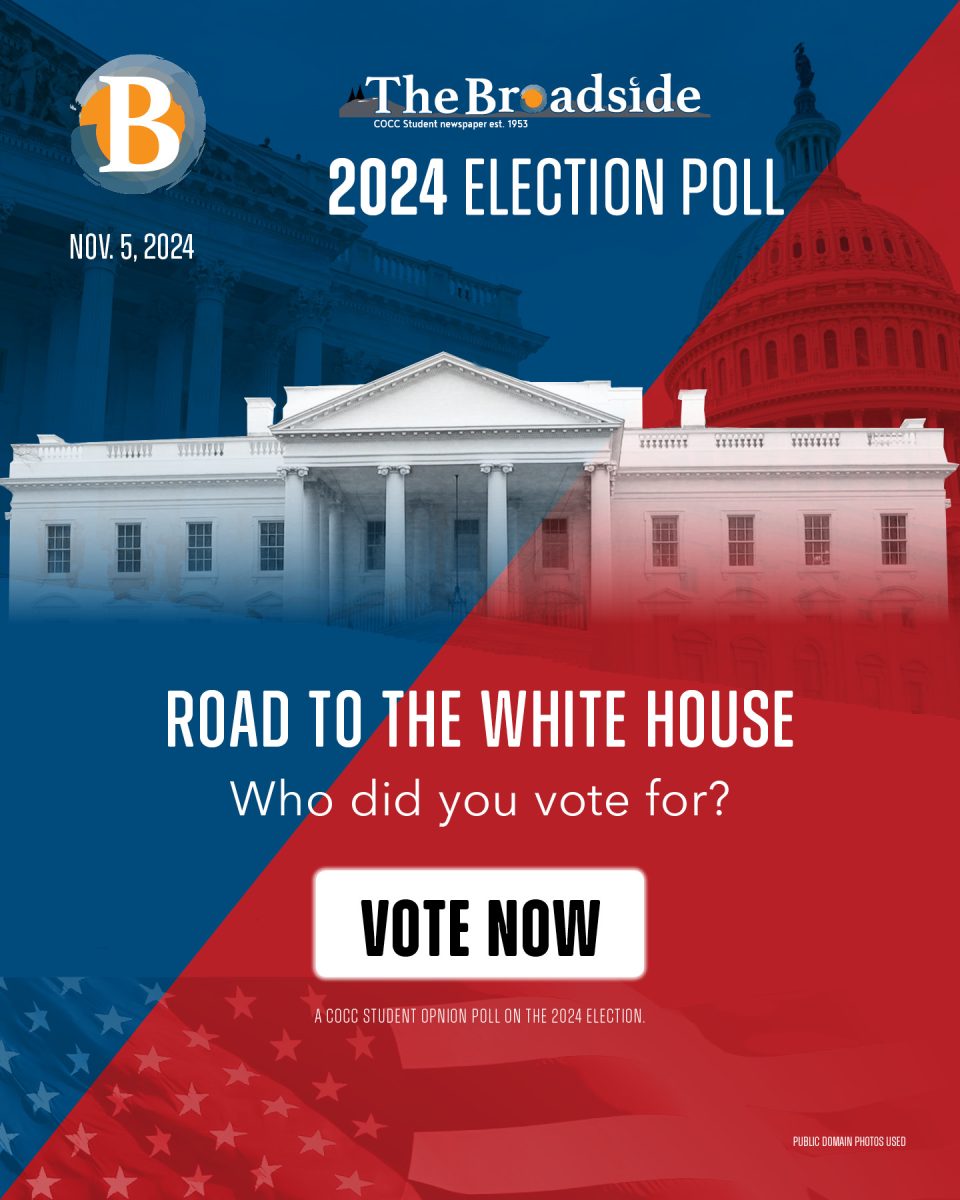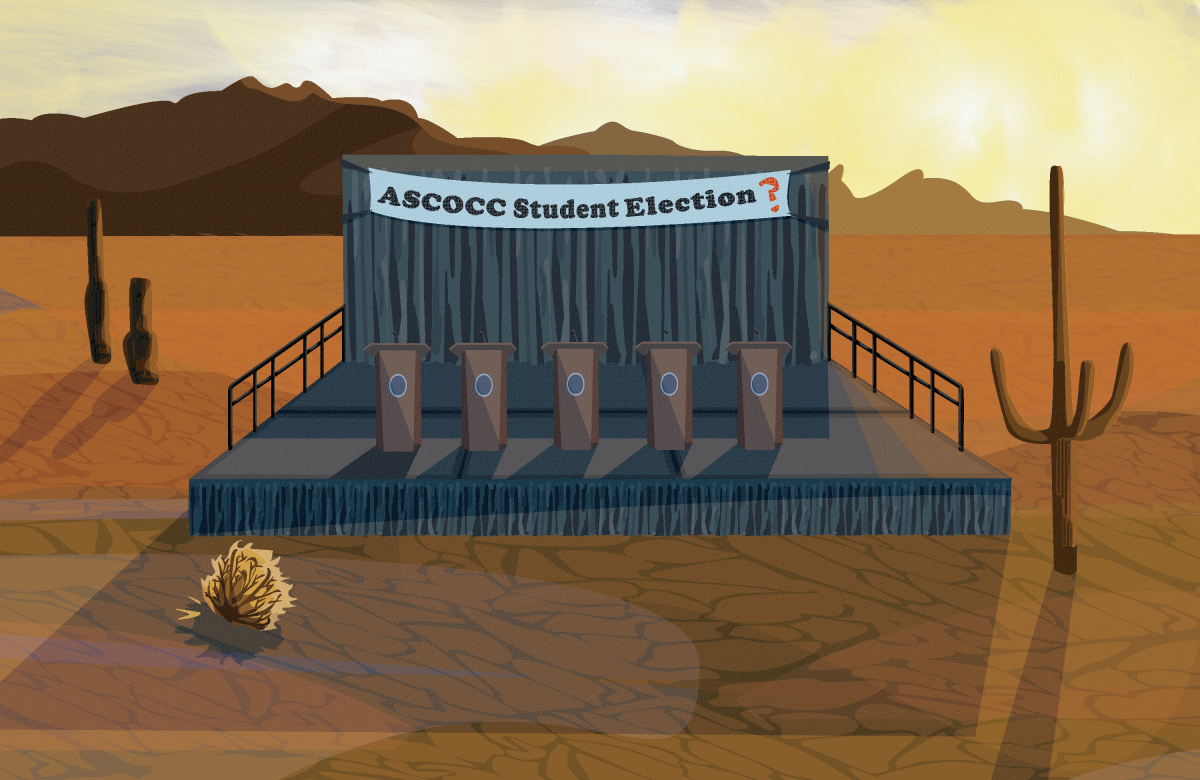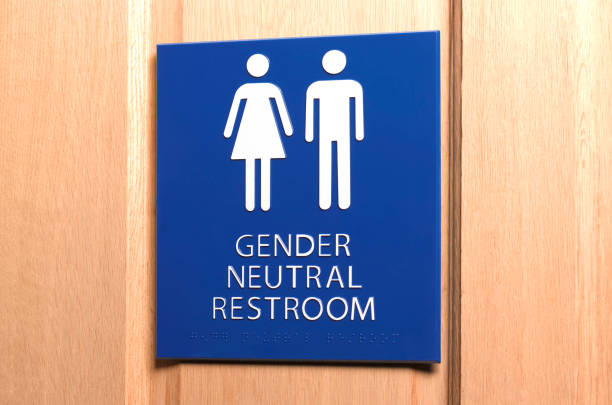From March 4-6, the tenth annual MUSE UnConference took place in Bend and online. This event was named an “unconference” to decrease the barriers and hierarchical nature of typical conferences.
“As an organization, we have decided to unconference completely. To that end, this will be our last event in its current iteration,” wrote Amanda Stuemer in the MUSE UnConference Guide. MUSE will be reimagining future events, thus, the MUSE UnConference will come to an end.
Here’s what occurred at the last unconference:
Friday, March 4:
The Muse UnConference began with a gallery opening and artist talk with April Bey, Bahamian visual artist and educator.
In the artist talk, Bey discussed the world she creates through her art, deemed Atlantica. Atlantica is a world separate from Earth full of bold colors, glitter, and radical joy. In Atlantica, blackness and queerness are both accepted and celebrated.
Bey had seen enough black pain, and did not want to give it more of a platform. Thus, her art focuses on black joy.
Bey’s art is a part of “Intersections: Where Art & Activism Meet”. It will reside in the Scalehouse Gallery in Tin Pan Alley until April 30. Art by Bey and Sadie Barnette–California based artist whose work includes photos from the first Black-owned gay bar in San Francisco–are featured in this exhibit.
Saturday, March 5:
The main event began with a jingle dance by Acosia Red Elk. The dance is meant to create the sound of the northern lights and electricity.
“We know that sound is creation,” said Red Elk. She believes the sound associated with jingle dancing promotes healing.
Throughout the remainder of the conference, activists from Oregon and beyond spoke on topics ranging from art and music to antiracism and indigenous sovereignty. There were also intermittent performances by Matti Joy, a local songwriter, Anis Mojgani, a poet, and Malik Friedman, a local student and performer.
Jon Riggs, Executive Director and Founder of Helpers, and Jaylyn Suppah, developer of the Papalaxsimisha program, discussed indigenous sovereignty and white saviorism.
Suppah talked about white saviorism, which puts a burden on indigenous communities. These communities do not need outside people to save them, they need the resources to be able to develop their own sovereignty and save themselves.
Riggs elaborated that indigenous sovereignty and self determination can be achieved through funding because of the capitalist economic system of the U.S. To better support indigenous sovereignty, white organizations should step back and donate money, grant writers, and other support instead of taking over. This means organizations like helpers need support, not overtaking.
Angela Davis, political activist and professor at the University of California, Santa Cruz, and Barnette spoke on art’s relation to activism, as well as the struggles for Black freedom.
“Art can make us know something in a deeper way,” said Davis. Davis believes political art creates its own system of knowledge rather than illustrating a pre-existing system of knowledge.
Barnette elaborated that art creates space for people to exist, rather than representing that space. “Art creates the space for people to be, to cry, to get upset together,” said Barnette.
Next, Mona Sinha, board chair of Women Moving Millions, and Ruby Sales, founder of the Spirit House Project, spoke on the Equal Rights Amendment.
Sinha discussed the fact that the United States is the only democracy in the world that does not have equal rights written into the constitution. She wants the 28th amendment, the Equal Rights Amendment, to be ratified.
Sales spoke on the role of the Equal Rights Amendment in dismantling the white supremacist patriarchy within America. Sales said that the recent uptick in the attempts of white men to declare war on democracy must be stopped. To halt this, Sales suggested the Equal Rights Amendment.
A variety of other speakers also presented at the MUSE UnConference. A complete list of speakers can be found at this link.
The unconference concluded with the premier showing of A Reflection of Self, a film produced by MUSE in collaboration with Unlocked Films. The film centered the voices of queer Central Oregonians, from high schoolers to business owners to drag queens.
Sunday, May 6:
After the bulk of the unconference concluded, MUSE hosted various virtual and in-person workshops. There were virtual mindfulness experiences led by Halie Devlin, a virtual songwriting workshop led by Maimouna Yousef, and an in-person 7 Generation Prayer Flow led by Acosia Red Elk. These workshops helped activists connect with their creativity and their psyche.


